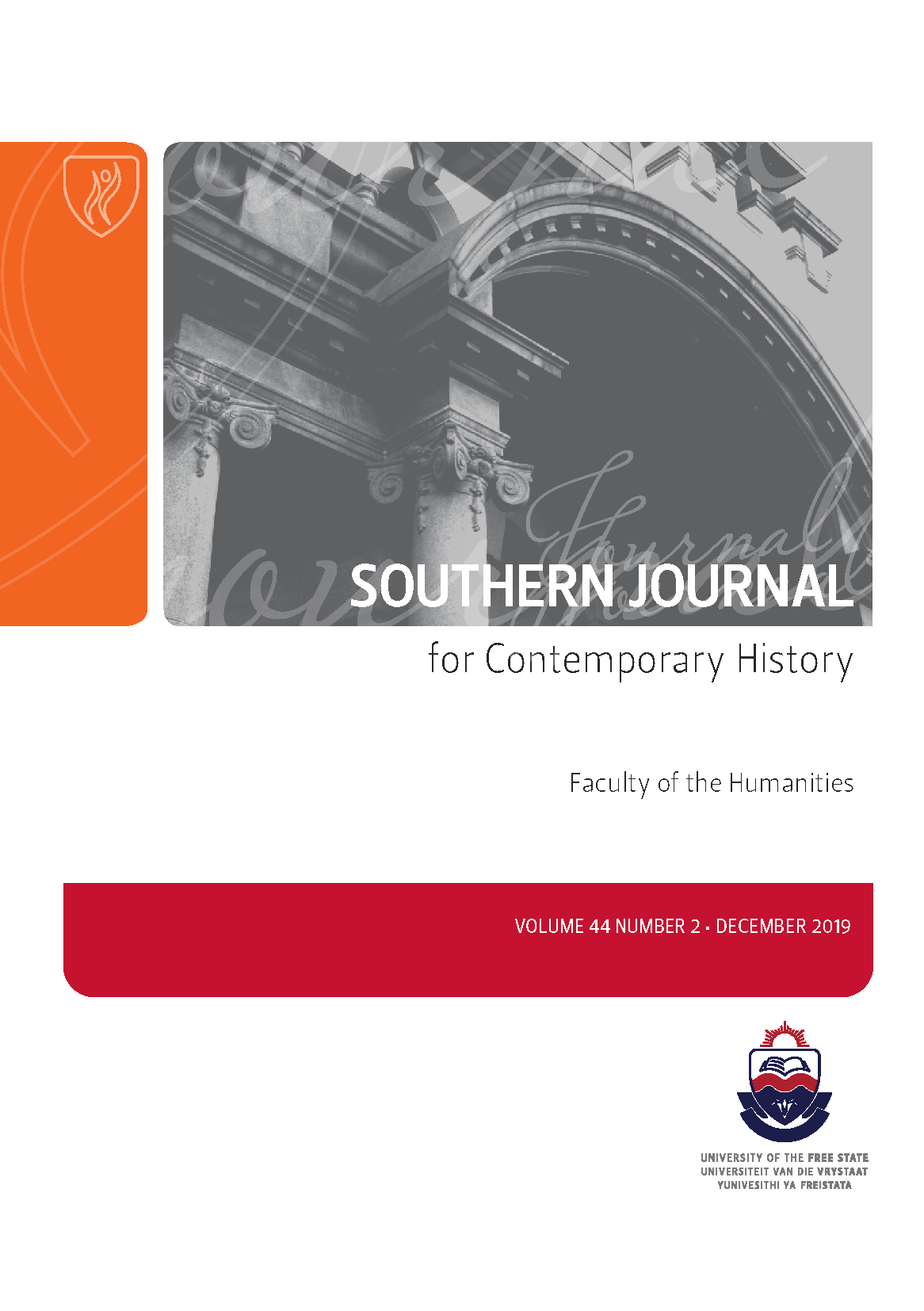A historiographical overview of Nkrumah's ideology and foreign policy
DOI:
https://doi.org/10.38140/sjch.v44i2.4176Keywords:
Kwame Nkrumah, Nkrumaism, Nkrumahism, African liberation, Pan-Africanism, Ghana's foreign policyAbstract
This article examines the historiography on Nkrumah’s Pan-Africanist ideology with particular reference to his foreign policy and it provides an overview of the same by dividing it in three periods. These are introduced by an analysis of Nkrumah’s and Nkrumaist literature. The first period of historiography coincides with Nkrumah’s political life between 1945 and 1972. During these years, pro and anti-Nkrumah parties clashed vigorously. In the second period which stretches between the 1970s and 1980s, more detached analysis of the facts also began to emerge but strong limitations remained. The third period, began with the rehabilitation of Nkrumah’s figure in the early 1990s. This, together with the end of the Cold War and the resurfacing of new primary sources allowed for a more scientific analysis of Nkrumah’s times. The essay is built on the consideration that the debate on the role of the first President of Ghana in the liberation and unification of the continent is still vibrant. Moreover, to this day, his legacy is amply discussed both in academia and outside it. As for the latter, Nkrumah’s Pan-Africanist proposals still attracts followers all over Africa and even in the Diaspora. The corpus of literature on Nkrumah and Nkrumaism is vast. This essay provides the reader with an instrument to understand, rationalise and categorise this enormous production, trying also to highlight the latest developments of the historiography on this subject. The article will also provide the reader with useful information about the primary sources, especially those that have become available in recent years.




